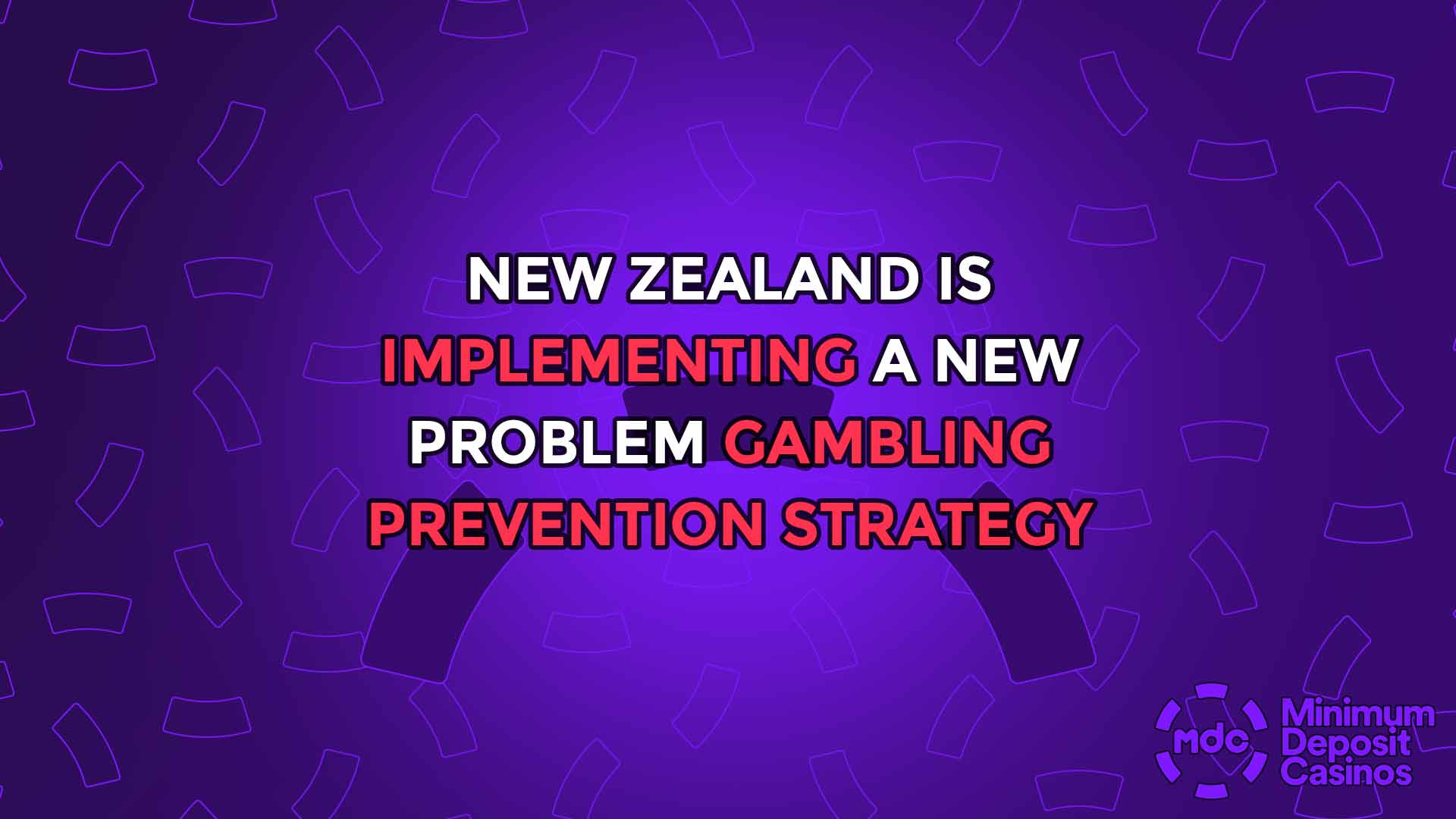BC.Game Withdraws Curaçao License Amidst Regulatory Challenges
In a significant shakeup for the online gambling industry, popular crypto-focused online casino BC.Game has voluntarily withdrawn its Curaçao eGaming license amidst mounting regulatory scrutiny and changing licensing dynamics. Curaçao has long been a prominent offshore gambling jurisdiction, that has been favored by operators for its cost-effective and accessible licensing framework. Increasing scrutiny over its lax oversight and minimal player protection has led to significant reforms within this jurisdiction.
BC.Game’s withdrawal appears to be a proactive response to these changes, potentially signalling an effort to align with stricter regulatory standards or avoid operational disruptions as reforms take effect. This has raised concerns among players and has raised broader questions about the reliance on Curaçao-issued licenses by many online casinos. It also highlights the larger trends within the global regulatory landscape, as jurisdictions push for improved oversight and enhanced player protection.
What Does This Mean for Online Casinos and Players?
For players, BC.Game’s withdrawal from Curaçao raises several immediate questions:
- Withdrawals and Gameplay: Players might be concerned about potential disruptions to their accounts, deposits, or withdrawal processes. If BC.Game transitions to a new licensing body, there could be delays or changes in how transactions are handled.
- Trust and Security Concerns: Curaçao licenses have long been criticized for minimal oversight. For some players, BC.Game’s withdrawal could be viewed positively—a sign that the casino is prioritizing stricter compliance and better player protections. However, for others, the uncertainty of where BC.Game will turn next could create trust issues.
- Jurisdictional Restrictions: Without a license, BC.Game could face restrictions in operating within certain regions where regulatory approval is mandatory. Players in these jurisdictions may need to seek alternatives.
Ultimately, the withdrawal raises questions that BC.Game will need to address promptly to reassure its user base.
For players, BC.Game’s withdrawal from Curaçao raises several immediate questions
- Withdrawals and Gameplay: Players might be concerned about potential disruptions to their accounts, deposits, or withdrawal processes. If BC.Game transitions to a new licensing body, there could be delays or changes in how transactions are handled.
- Trust and Security Concerns: Curaçao licenses have long been criticized for minimal oversight. For some players, BC.Game’s withdrawal could be viewed positively—a sign that the casino is prioritizing stricter compliance and better player protections. However, for others, the uncertainty of where BC.Game will turn next could create trust issues.
- Jurisdictional Restrictions: Without a license, BC.Game could face restrictions in operating within certain regions where regulatory approval is mandatory. Players in these jurisdictions may need to seek alternatives.
Ultimately, the withdrawal raises questions that BC.Game will need to address promptly to reassure its user base.
Broader Implications for the Online Casino Industry
BC.Game’s move highlights the increasing pressure on online casinos to adapt to evolving regulatory standards. Curaçao has historically been a go-to jurisdiction for operators due to its:
- Low cost of licensing
- Minimal compliance requirements
- Ease of access for new operators
However, these advantages have come with a downside:
- Reputation Issues: The lack of stringent oversight has often resulted in concerns over fairness, transparency, and player protections.
- Regulatory Scrutiny: As jurisdictions like the European Union and UK crack down on offshore licenses, Curaçao’s model is being forced to evolve. The reforms currently underway signal a shift toward higher compliance and accountability standards.
The Future of BC.Game and Curaçao Licensing
BC.Game’s decision to part ways with its Curaçao license could signal the beginning of a broader trend where operators move toward jurisdictions with stricter oversight. For BC.Game, this move could ultimately strengthen its reputation and attract players seeking more secure, transparent platforms.
Meanwhile, Curaçao’s regulatory overhaul will likely force many operators to reassess their licensing strategies. Those unwilling to meet higher compliance standards may face closures or restrictions, while those ready to adapt could emerge stronger.
For players, this shift could bring long-term benefits, such as improved safety, faster dispute resolutions, and higher operational standards.







